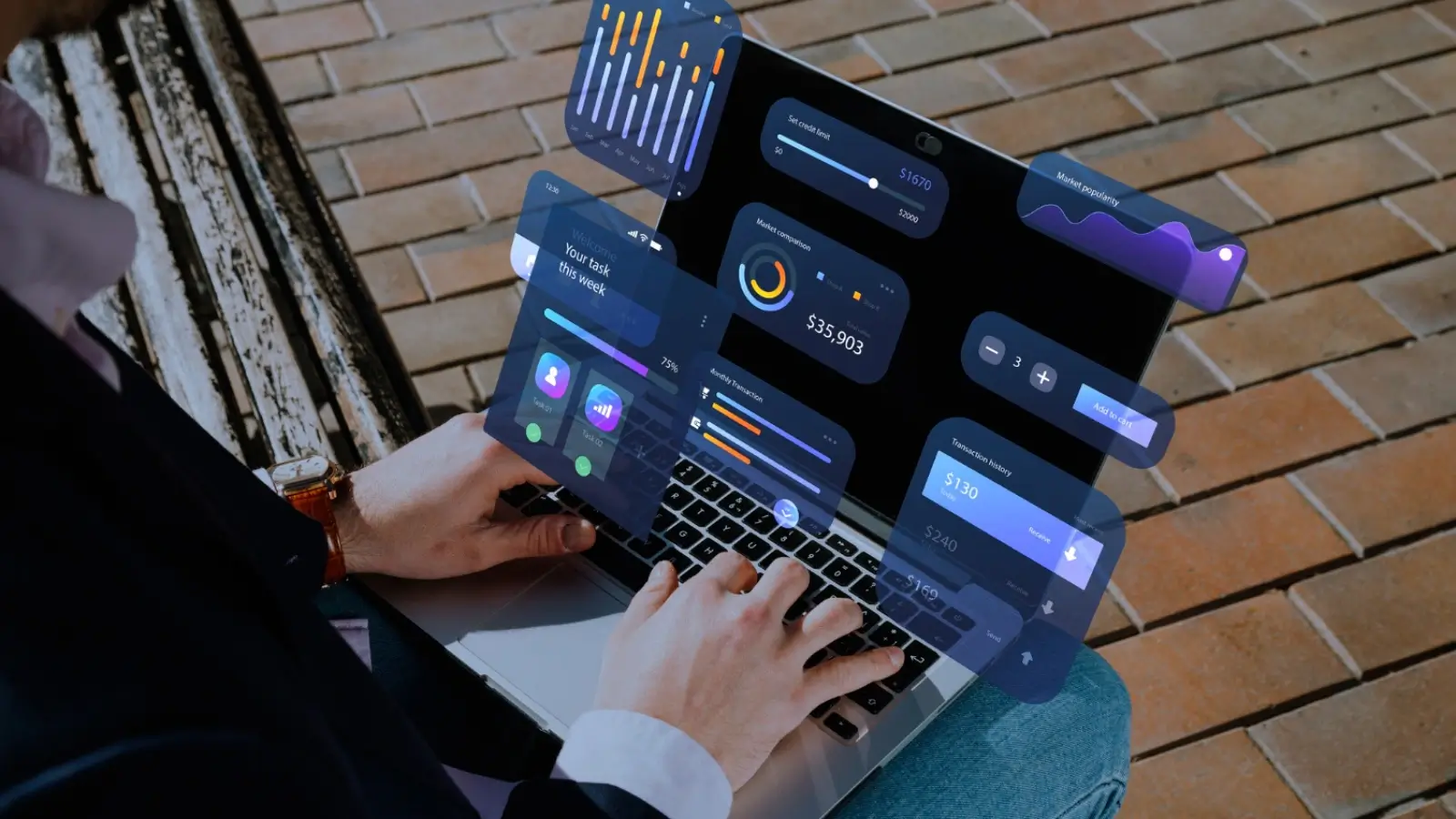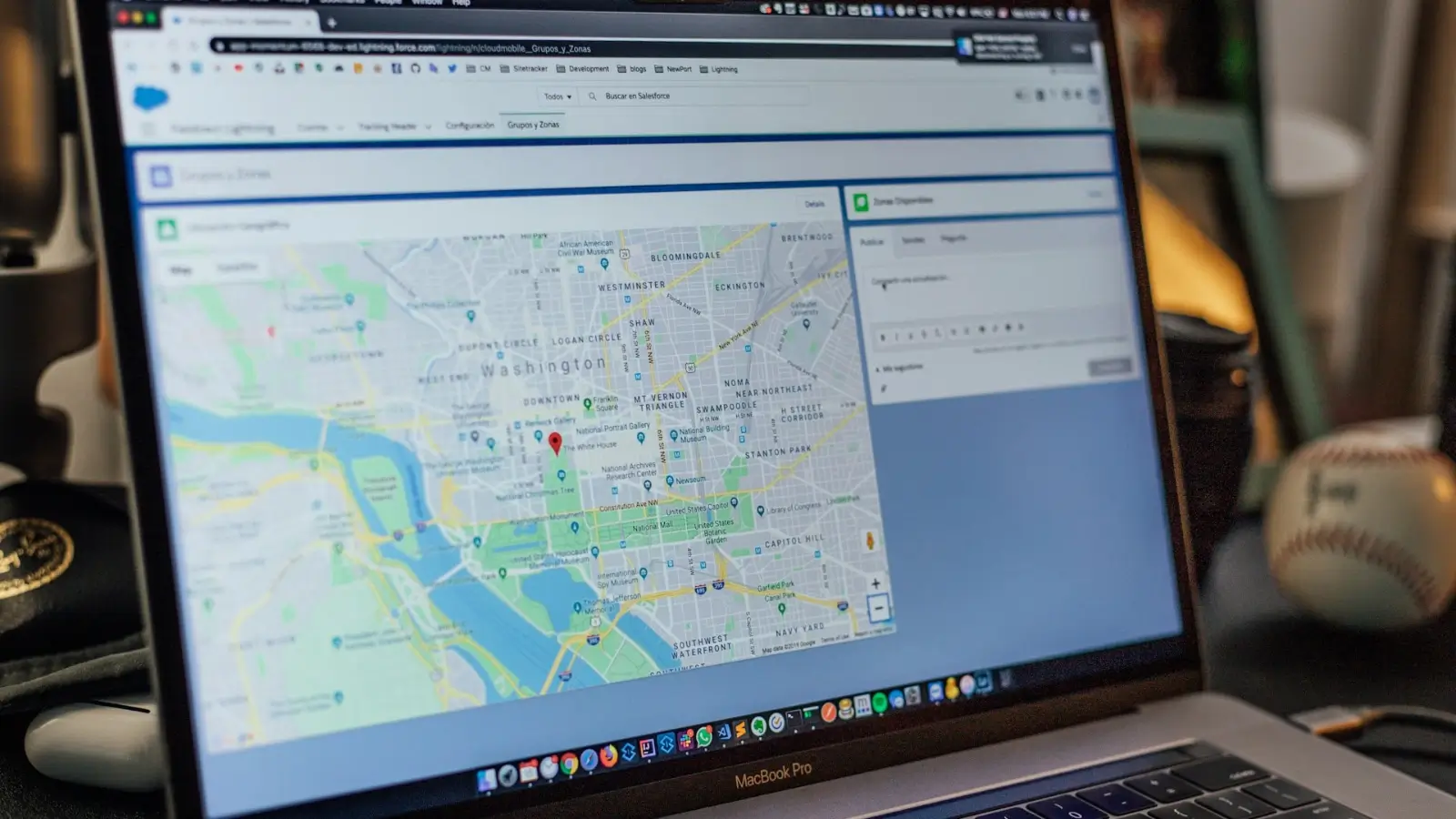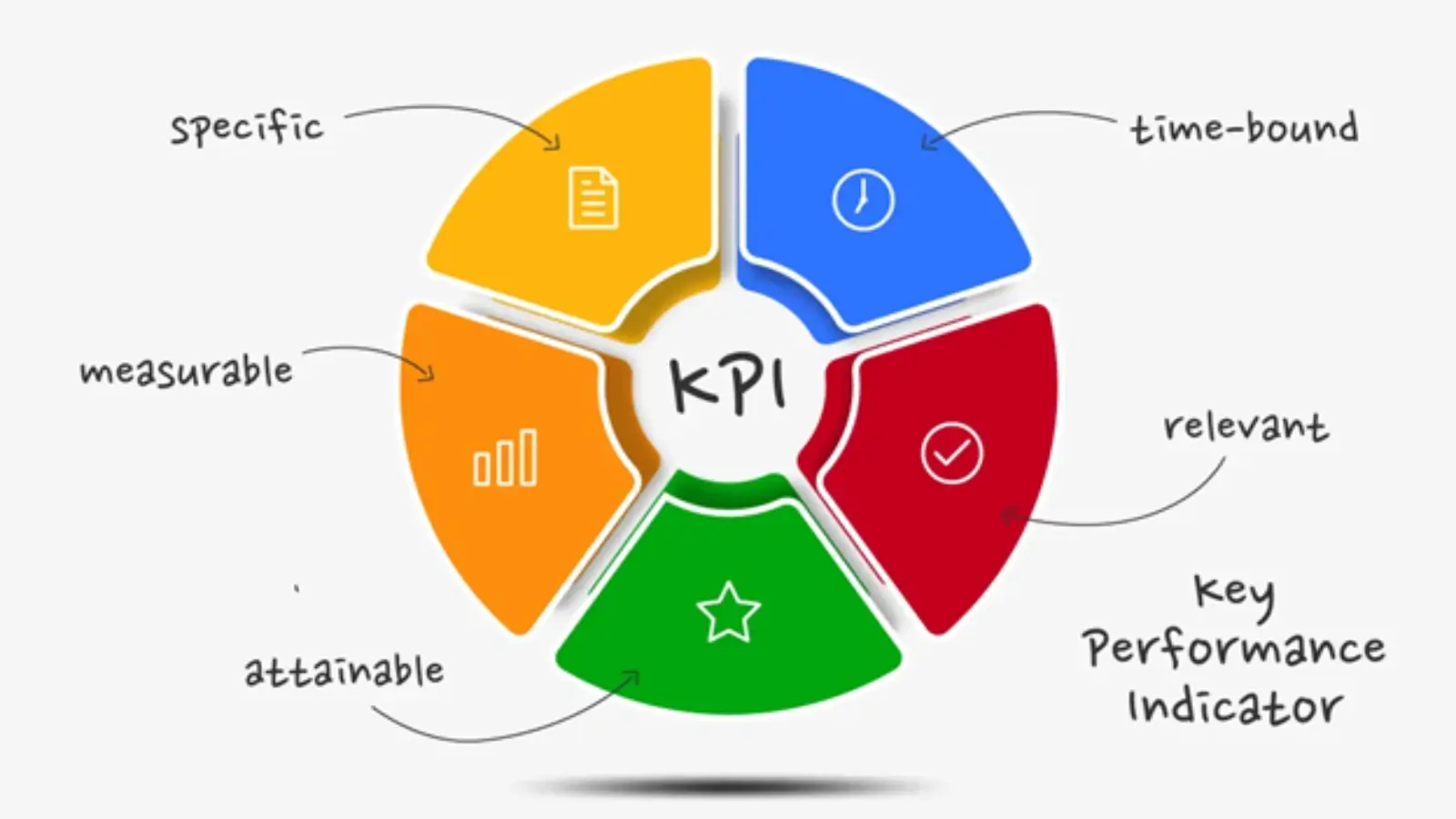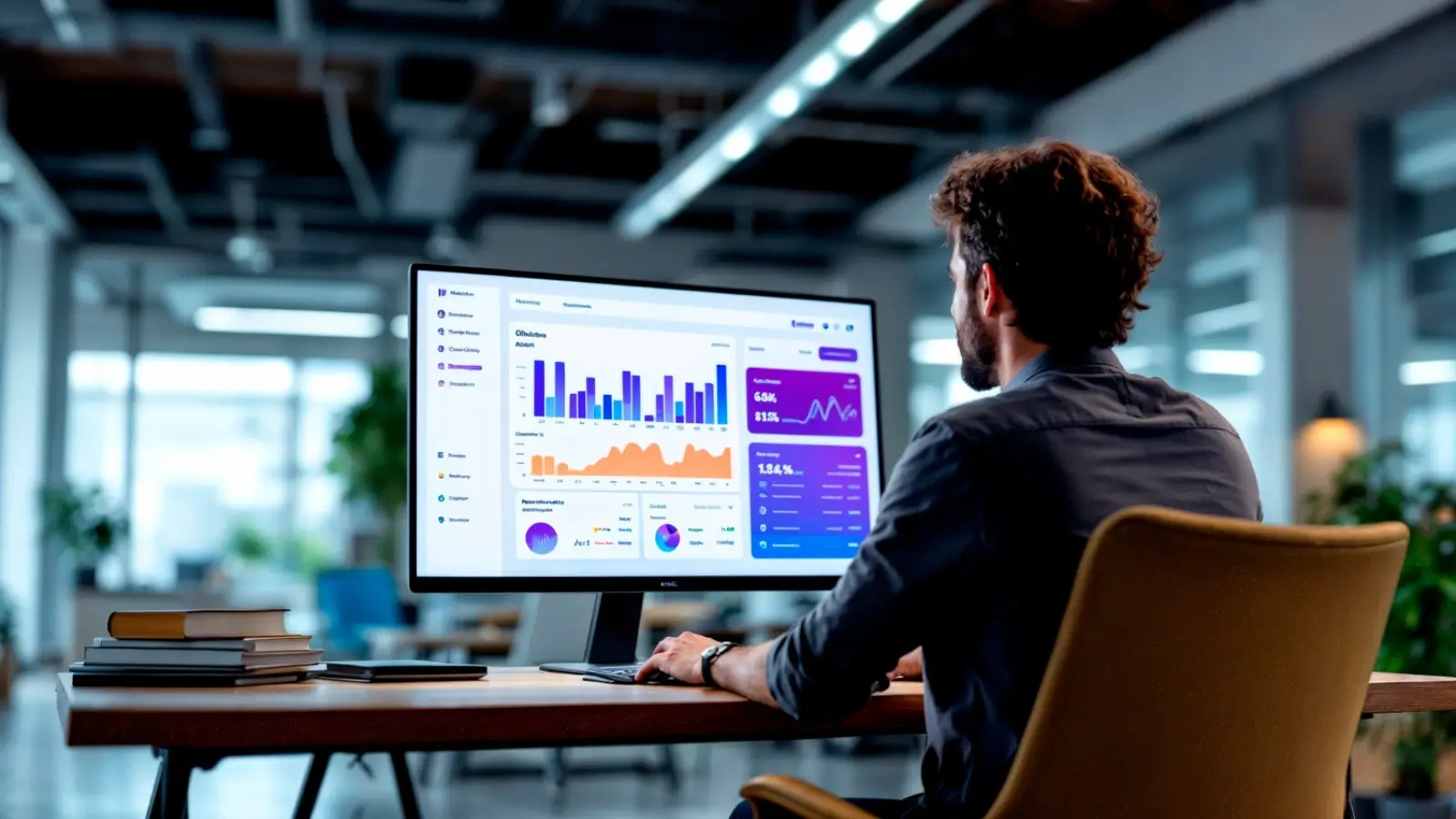Invoice data extraction plays a key role in modern financial operations. From accelerating accounts payable to supporting compliance and reporting, automating the extraction of key fields from invoices brings real efficiency gains. However, when dealing with sensitive financial documents, data privacy becomes just as important as automation itself.
This article outlines how companies can extract invoice data using OCR (Optical Character Recognition) and AI models in a secure, compliant, and privacy-first way—without relying on cloud-based general-purpose AI. We focus on local or on-premise deployments that align with GDPR and U.S. data privacy laws.
1. OCR + AI Pipelines: The Secure Way to Automate
The invoice extraction process typically involves two steps:
- Step 1: OCR converts scanned or digital invoice documents (e.g. PDFs, images) into machine-readable text.
- Step 2: AI-driven logic is applied to interpret this raw text and identify structured fields like vendor name, invoice number, dates, totals, and line items.
AI models can be either rule-based (using regex or templates) or trainable (based on your specific invoice layouts). The key is to keep both steps inside your secure environment.
Privacy Tip: All processing—from OCR to field extraction—should take place on systems you control, either on-premise or in private cloud infrastructure. Avoid sending data to external APIs or third-party cloud services unless they meet strict legal requirements.
2. Privacy Risks with Invoice Data
Invoices contain a wide range of sensitive business data, including:
- Business names and tax IDs
- Payment terms and bank account numbers
- Itemized pricing, services, and product information
- Audit trails and approval markers
Transmitting this data to uncontrolled external services introduces the risk of:
- GDPR violations, particularly under Articles 5 and 32 (data minimization and processing security)
- Noncompliance with U.S. state privacy laws, such as:
- California Consumer Privacy Act (CCPA)
- Colorado Privacy Act (CPA)
- Virginia Consumer Data Protection Act (VCDPA)
c. Reputational damage if vendors or clients become aware of insecure data practices
Best Practice: Use AI and OCR tools that can run fully within your own infrastructure, where no invoice data is ever exposed to public or shared AI models.
3. Local AI: Using Mistral for On-Premise Extraction
One of the most promising developments in private invoice automation is the use of on-premise AI models like Mistral, which can be deployed securely on local servers (CPU or GPU-based) and tailored to your document types.
Mistral is a powerful language model that can be run without internet access and customized for financial document parsing. Combined with open-source OCR libraries such as Tesseract or PaddleOCR, it provides a fully contained system that:
- Converts documents into text
- Extracts fields with structured logic
- Outputs JSON suitable for ERP or finance system integration
This approach offers full data ownership, flexible integration, and no dependency on cloud-based AI platforms.
4. Ensuring Compliance with GDPR and U.S. Law
When implementing invoice automation, organizations must ensure compliance with key privacy laws:
GDPR (Europe)
- Article 5: Limit processing to what is necessary
- Article 32: Ensure data integrity and confidentiality
- Article 28: Use processors only under written agreements with adequate safeguards
Failure to comply can result in fines of up to 4% of global annual turnover or €20 million—whichever is higher.
U.S. State Laws
- CCPA requires transparency in data handling and gives individuals the right to opt out of data sales
- CPA & VCDPA mandate data minimization, purpose limitation, and risk assessments for sensitive data
To comply:
- Keep all invoice data on your company’s secure systems
- Avoid cloud platforms that use shared models or multi-tenant AI
- Limit employee access through role-based permissions
- Maintain logs for every document processed for auditability
VirtuDesk can automate your Accounts Payable processes and extract data from your invoices while fully complying with data privacy laws by setting up the necessary tools on your local infrastructure—ensuring security, control, and peace of mind.
















